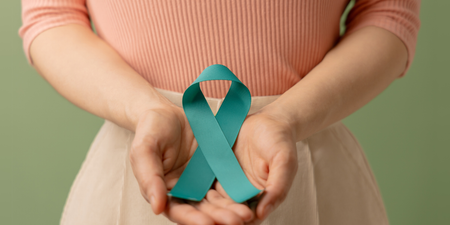There’s nothing worse than having bowel problems. They can be a little bit embarrassing to explain, cause discomfort, make your jeans feel that bit too tight, and can even affect your busy social life.
In Ireland, one in five of us has a problem with irritable bowels, with those most commonly affected in their 20s and 30s.
What exactly is Irritable Bowel Syndrome?
Irritable bowel syndrome (IBS) is a disorder of colon where the bowel overreacts to a mild stimulus. Triggers can include eating, or the presence of gas, and can cause the bowel to go into spasm. The condition is also reffered to as spastic colon.
What are the symptoms of IBS and what causes the condition?
IBS is characterised by abdominal pain, bloating and irregular bowel habits – including alternating diarrhoea and constipation.
There are a number of symptoms to keep an eye out for, such as:
- Abdominal pain which can be quite severe – pain may be relieved following a bowel movement
- Unusual bowel movements – diarrhoea, constipation, or a combination of both
- Crampy urge to move bowels but inability to do so
- Bloating sensation
- Excessive belching and flatulence
- Stool may have mucous and be small in size
- Occasionally heartburn, nausea and vomiting also occur
There are a number of factors that can contribute to IBS including dietary, psychological triggers, hormonal issues and genetic factors.
Always consult a doctor if you are concerned about your health, or have recurring symptoms.
How can you treat IBS?
A doctor will assess treatment based on the degree of your symptoms. To help in your treatment, try keep a diary of any tummy upsets so you can base a treatment on triggers.
There are a number of steps you can take to help your condition, such as:
Dietary changes
Some people may find particular foods set off their IBS. Making changes to the diet can help to control symptoms for many people with IBS. Keep a food diary and note any foods that irritate your bowel.
As well as eating a high-fibre diet, include more fruit and vegetables as well as wholegrain foods. Avoid tea and coffee, and be sure to drink two litres of water a day.
Stress management
Stress can often cause irritation to a sensitive bowel. Tryreduce stress in your day to day life, take gentle exercise and ensure you’re getting enough sleep.
Medication
In more severe cases of IBS, your doctor may prescribe medication to counteract some symptoms such as diarrhoea or constipation. Always consult a doctor before taking any medication, including laxatives, as follow the prescription dosage as prescribed.
For more information on IBS, talk to your local pharmacist who may can provide additional information, or book in to see your doctor to talk through your symptoms.






















































